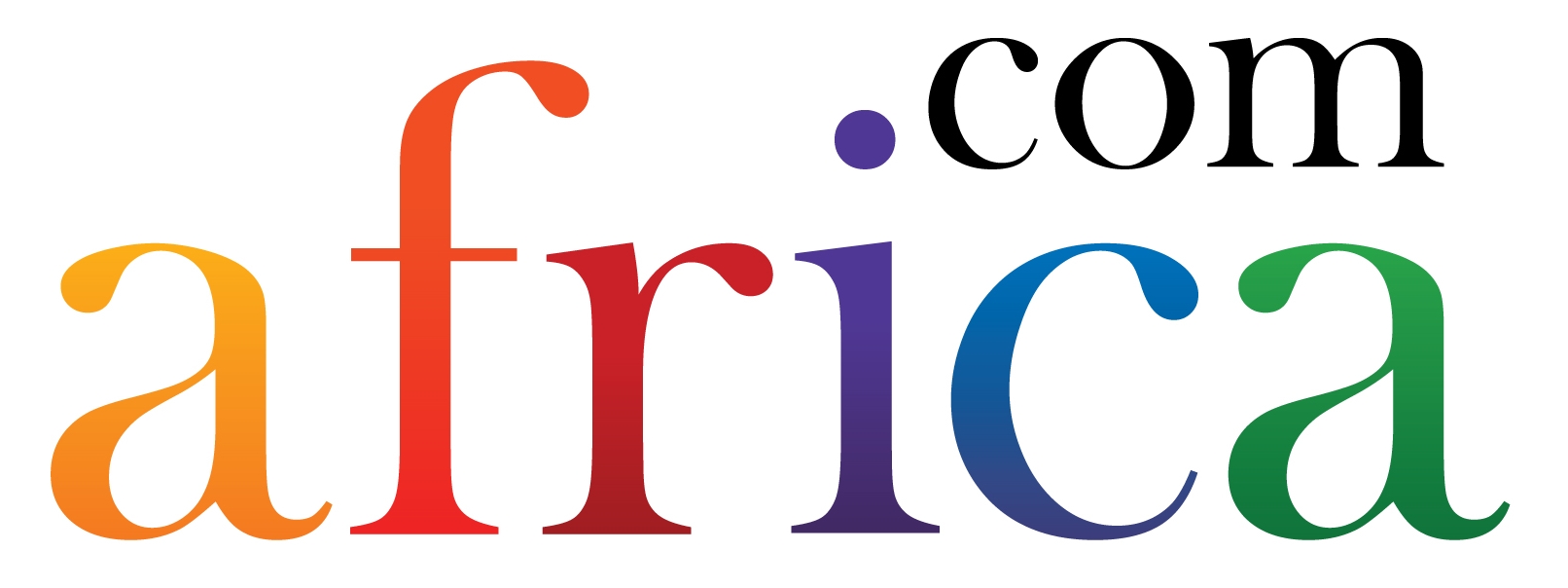Ofada rice, beans, bread prices surge most in one month
Ofada rice, beans, bread, yam and milk were the food items that recorded the highest price increase within a period of one month, according to the National Bureau of Statistics (NBS).
The latest selected food prices report by the NBS, show that the average price of 1kg of Ofada rice rose by 4.61 percent to N752.9 in September 2023 from N719.8 in August.
The price of 1kg beans (white black eye sold loose) increased by 3.48 percent to N691.5 from N668.2, while the brown type grew by 3.47 percent to N716.9 from N692.9.
Read also: LASG, OfadaBoy partner on food security in Lagos
A 500g of bread (sliced) and 500g of bread (unsliced) rose by 3.43 percent and 3.10 percent respectively. The average price of 1kg of local rice and 1kg of imported rice also rose by 3.04 percent and 2.57 percent respectively to N797.98 and N982.07 in September.
Other food items that gulped most of Nigerians’ income are yam tuber (1kg) which increased by 3.03 percent to N593.8 in from N576.4; a 170g evaporated tin milk (carnation) grew by 2.99 percent; and 1kg of garri (white sold loose), 2.54 percent.
In the NBS’s latest Consumer Price Index report, food inflation rose to 30.64 percent in September, the highest in 18 years from 29.34 percent in July.
Food inflation, which constitutes 50 percent of the inflation rate, was the major factor that pushed the country’s headline inflation to 26.72 percent from 25.80 percent.“The rise in food inflation on a year-on-year basis was caused by increases in prices of oil and fat, bread and cereals, potatoes, yam and other tubers, fish, fruit, meat, vegetables, milk, cheese, and eggs,” the NBS said.
Data from the NBS shows that the average Nigerian reportedly spent over 50 percent of their income on food. This contrasts with what is obtained in developed climes like the U.S, Canada, U.K., where they spend just under 15 percent of their income on food.
A Lagos-based banker who only wants to be identified as Ronke told BusinessDay that she is paying more for food in September than she did in August.
“My sisters and I usually contribute an average of N22,000 each to consolidate money for our feeding. In recent times, prices of rice, beans, tomatoes, garri, bread, spaghetti, proteins, and everything really, have reached all-time highs.
“In September, we contributed N26,900 each after using market prices to draw up a budget. “I wonder how people that live alone cope nowadays with all the bills.”
The Federal Government reforms such as the removal of petrol subsidy and naira devaluation, implemented in the second quarter of the year, increased the cost of living of cash-strapped consumers in Africa’s biggest economy.
Read also: How Russia can partner with Africa to achieve food security
The World Bank said in June that inflation pushed an estimated four million more Nigerians into poverty in the first five months of this year.
“In the immediate term, the removal of the petrol subsidy has caused an increase in prices, adversely affecting poor and economically insecure Nigerian households,” it said.
It added that among the poor and economically insecure, 38 percent own a motorcycle and 23 percent own a generator that depends on petrol and that many more use petrol dependent transportation.
“The poor and economically insecure households will face an equivalent income loss of N5, 700 per month, and without compensation, an additional 7.1 million people will be pushed into poverty.”
According to the international organisation, many current, as well as newly, poor and economically insecure households will likely resort to coping mechanisms that will have long-term adverse consequences, such as not sending children to school, or not going to the health facilities to seek preventative healthcare or cutting back on nutritious dietary choices.
“The pressure is getting worse for Nigerians, especially with the recent petrol subsidy removal and naira devaluation; good reforms but they are incredibly hurting Nigerians and businesses. They probably will for a long time,” the banker said.
Tinubu in July declared an immediate state of emergency on food insecurity to tackle the increase in food prices.
All matters pertaining to food & water availability and affordability, as essential livelihood items, be included within the purview of the National Security Council, according to a statement.
Analysts at CSL Stockbrokers, said food insecurity has been a cause of concern as the challenges of insurgency, low investments in agriculture, low mechanized farming, inadequate food storage methods and poor transport infrastructure have suppressed supply while demand for food products in a population dense country remains high.
Read also: BUA Foods says to sustain growth as 9M profit rises to N105.6bn
“The five-year tax break provided by the Federal Government to stimulate investments in the agricultural sector is yet to improve output in the sector. More so, the price levels of food products have risen significantly over the years as all of the factors mentioned above have either directly affected prices or have indirectly affected food prices through increased transport cost,” they added.







